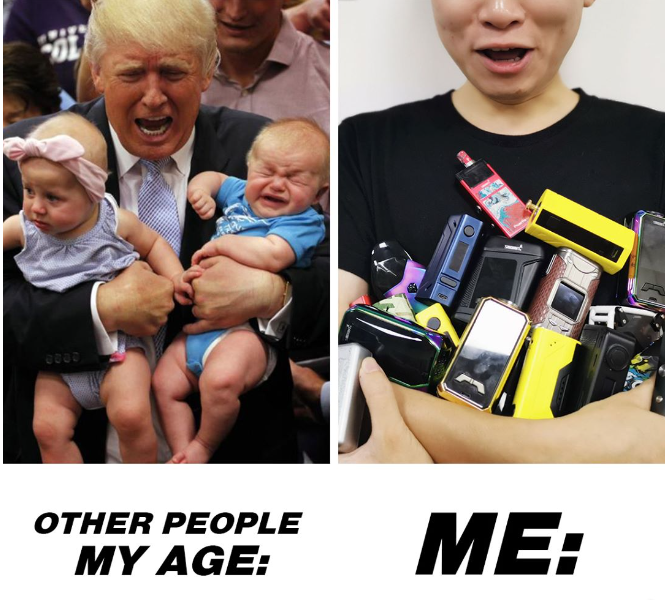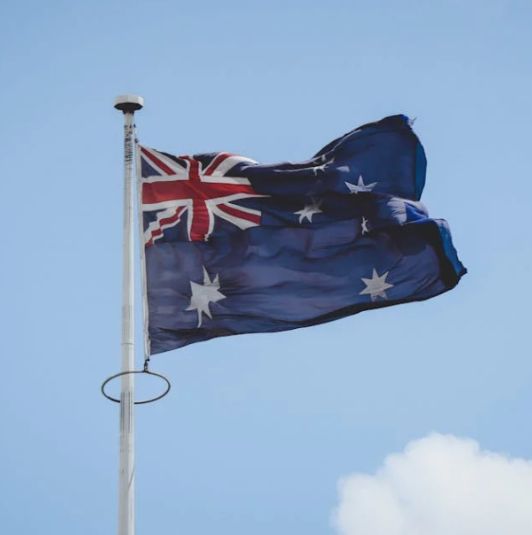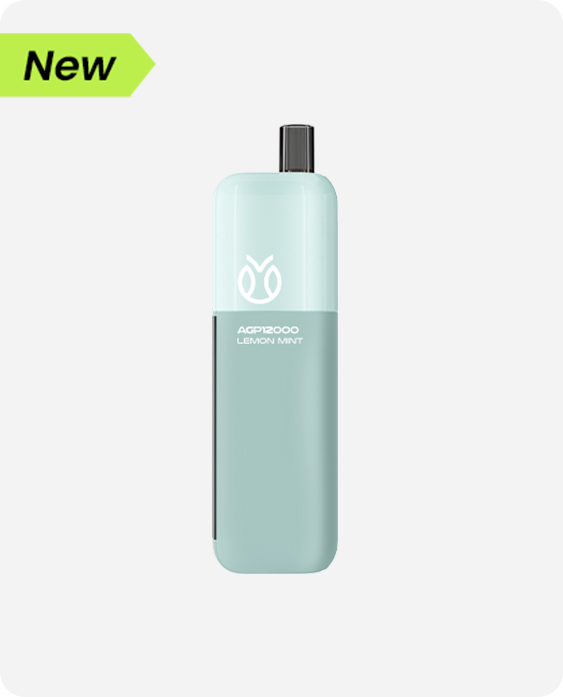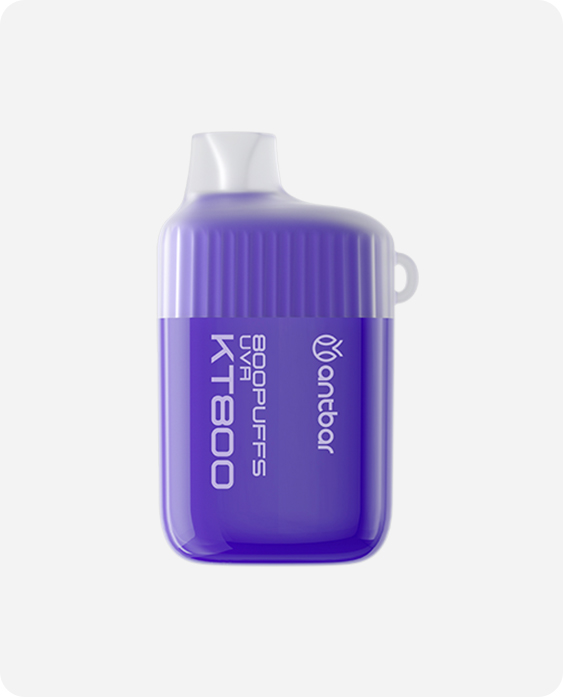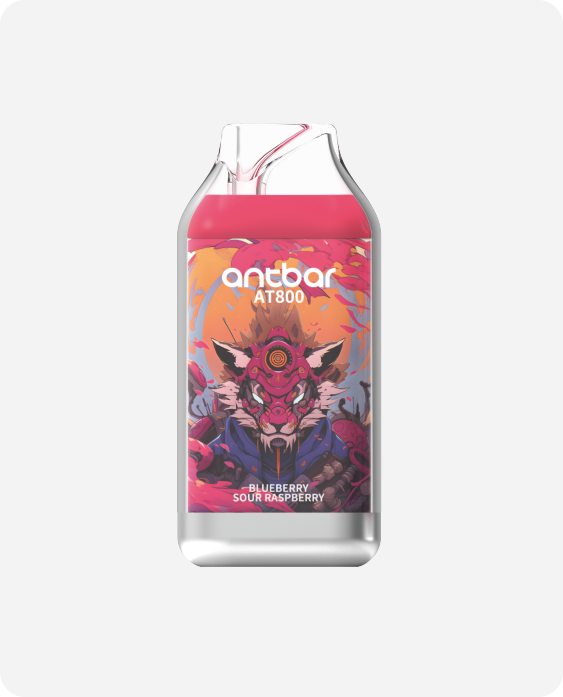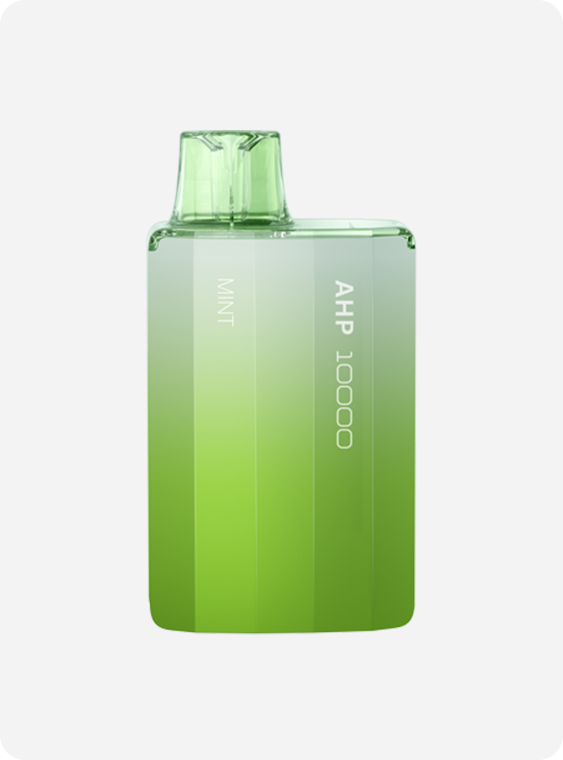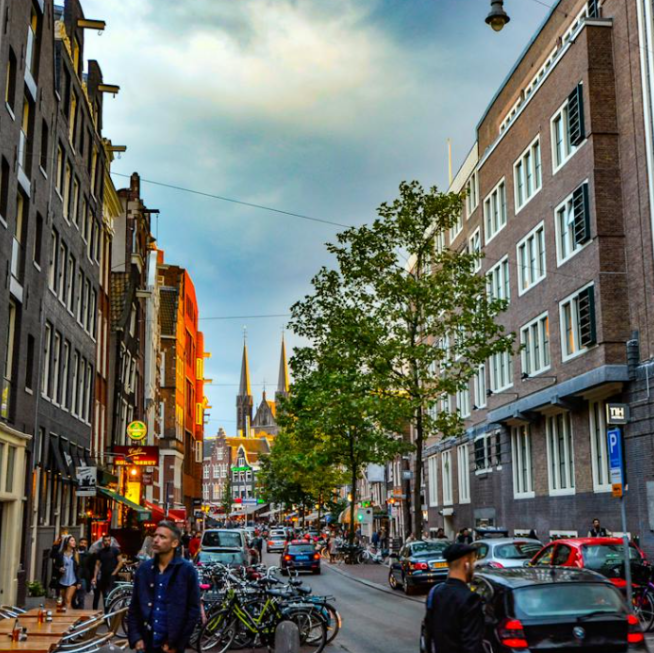
Where is holland?
In western Europe, the Netherlands is known for its prospered economy, open society and historic ports. When it comes to tobacco consumption, the Netherlands has a moderate smoking rate among European countries, with about 20% of Dutch people smoking daily and about 10% smoking occasionally. Data from the Dutch Public Health Authority shows that about 10% of Dutch people are using e-cigarettes, while this figure is higher among young people and men.The use of e-cigarettes in the Netherlands is a bit higher compared to other European countries.
Why ban flavored e-cigarettes?
In June 2020, the Dutch government announced that it plans to legislate a ban on all flavored e-cigarette products except tobacco. The decision was based on research by the Trimbos Institute, which claimed that flavored e-cigarettes attracted teenagers to get addicted to the nicotine and that they might even turn to more dangerous cigarettes, but the study actually lacked of actual evidence to support the claim that “e-cigarettes are a gateway to tobacco cigarettes.”
During the public consultation period for the ordinance, the bill was opposed by 98% of citizens, when 24 experts wrote to local authorities presenting scientific evidence of the benefits of flavored e-cigarettes in tobacco control, according to Vapingpost. At the same time e-cigarette advocates submitted a petition signed by 19,000 consumers expressing their opposition to the restrictions. However, the Dutch cabinet still approved the flavor ban in May 2021 facing strong opposition.
The bill, which was originally scheduled to be implemented on July 1, 2022, had to be postponed until 2023 because some of the ingredients on the list were confirmed to be carcinogenic. Finally, the bill went into effect on January 1, 2023 after revising the list. Since July 1, 2023, the production of flavored e-cigarettes and e-liquids were prohibited in the Netherlands, while the sale of stocked products expired at the end of January 1, 2024. This adjustment is intended to better protect public health.
The regulation will be implemented comprehensively from January 1, 2024.
The Dutch government insisted in enforcing this law in the face of strong opposition from e-cigarette users from the Netherlands and across Europe.
The main points of the flavored e-cigarette ban gag order are as follows:
- Since January 1 of this year, the Netherlands has banned the sale of flavored e-cigarettes; new and old flavored e-cigarette products are not allowed to enter the market.
- From January 1, 2024, e-cigarette stores in the Netherlands will not be allowed to sell flavored e-cigarettes or e-liquid such as peach, mango or menthol, except tobacco-flavored e-cigarette products.
How to distinguish flavored tobacco products?
- Look at the package label: The package usually has a flavor indication, such as “mint” or “strawberry”. The colors or pictures which also depict the flavor.
- Pay attention to marketing descriptions: Manufacturers often describe the flavor of their products, such as “the freshness of fresh mint”.
- Ask the salesperson or check the ingredients: Look through the flavors and ingredients of the product, as well as product descriptions and reviews on online shopping platforms.
- Use your sense of touch and smell: Flavored tobacco products usually have stronger flavors and can be smelled or tasted with a distinct aroma or flavor.
- Refer to other consumer reviews: Online platforms reviews can provide you with additional information about the flavor of the product.
The current state of the Dutch e-cigarette market after the ban comes into effect:
- The rush of flavored e-cigarettes: In the Netherlands, when the ban on e-cigarette flavors was about to take effect, e-cigarette enthusiasts were caught up in a frenzied wave of hoarding. Emil Hart of the Dutch CigaretteTrade Association, who pointed out that consumers were buying flavored e-cigarettes in bulk at specialty stores, especially those who had already switched from cigarettes to e-cigarettes worried that they wouldn’t be able to repurchase their favorite flavors in the future.
- Back to traditional cigarettes: Hart reckoned that the ban could trigger unintended consequences. Those who switched to e-cigarettes would return to traditional cigarettes because they could not buy flavored e-cigarettes.
- The plight of the e-cigarette industry: The government’s decision has a major impact on the e-cigarette industry, and as a result the closure of some small businesses .
- Decrease in national tax revenues: As the e-cigarette market shrinks, the country’s tax revenue will also be affected, which will put some pressure on the financial situation of the Netherlands.
- Increase in black market activities: After the ban is implemented, flavored e-cigarettes accelerate the booming of the black market, which will undoubtedly pose greater challenges to regulation.
- Popularity of outsourcing: Many e-cigarette users have started to look for other ways to obtain flavored e-cigarettes. They continue to satisfy their needs by buying online and from brick-and-mortar stores in neighboring Belgium and Germany.
- Social impact: In developing the e-cigarette flavor ban, the Dutch government had to strike a balance between public health and the development of the e-cigarette industry. While the purpose of the ban is to reduce potential health risks and protect the public, the impact of this policy on e-cigarette users and the industry as a whole also needs to be considered.
Globally, the ban on flavored e-cigarettes in various countries is mainly due to public health concerns and the protection of the rights and interests of young people. As an e-cigarette company, we must assume certain social responsibility and strictly comply with all laws and regulations. Our two e-cigarette brands, ANTBAR and SMOANT, have always insisted on taking the standard and right path in the design of their devices, not pursuing exotic shapes, and have always adhered to the bottom line of laws and regulations.
